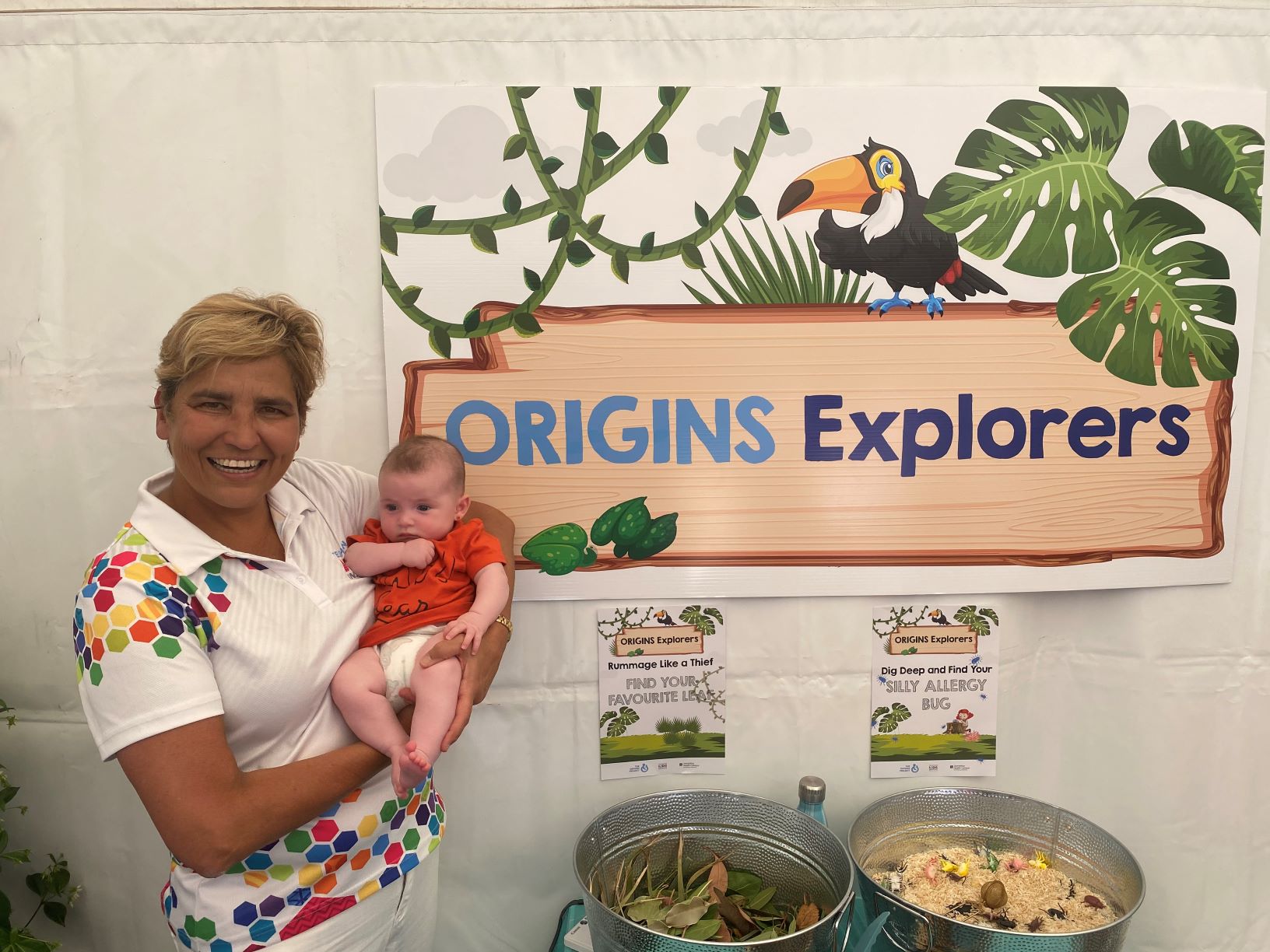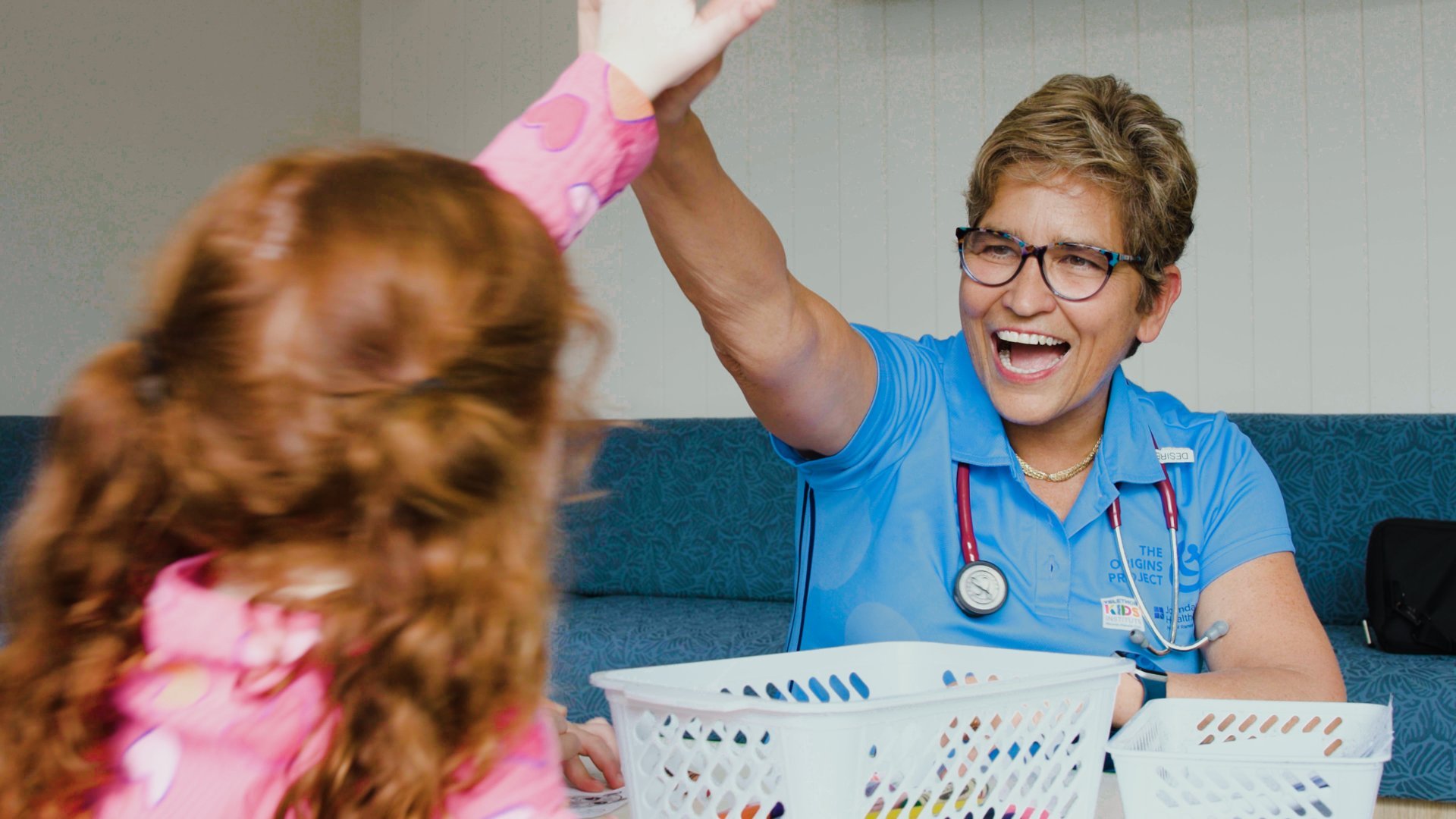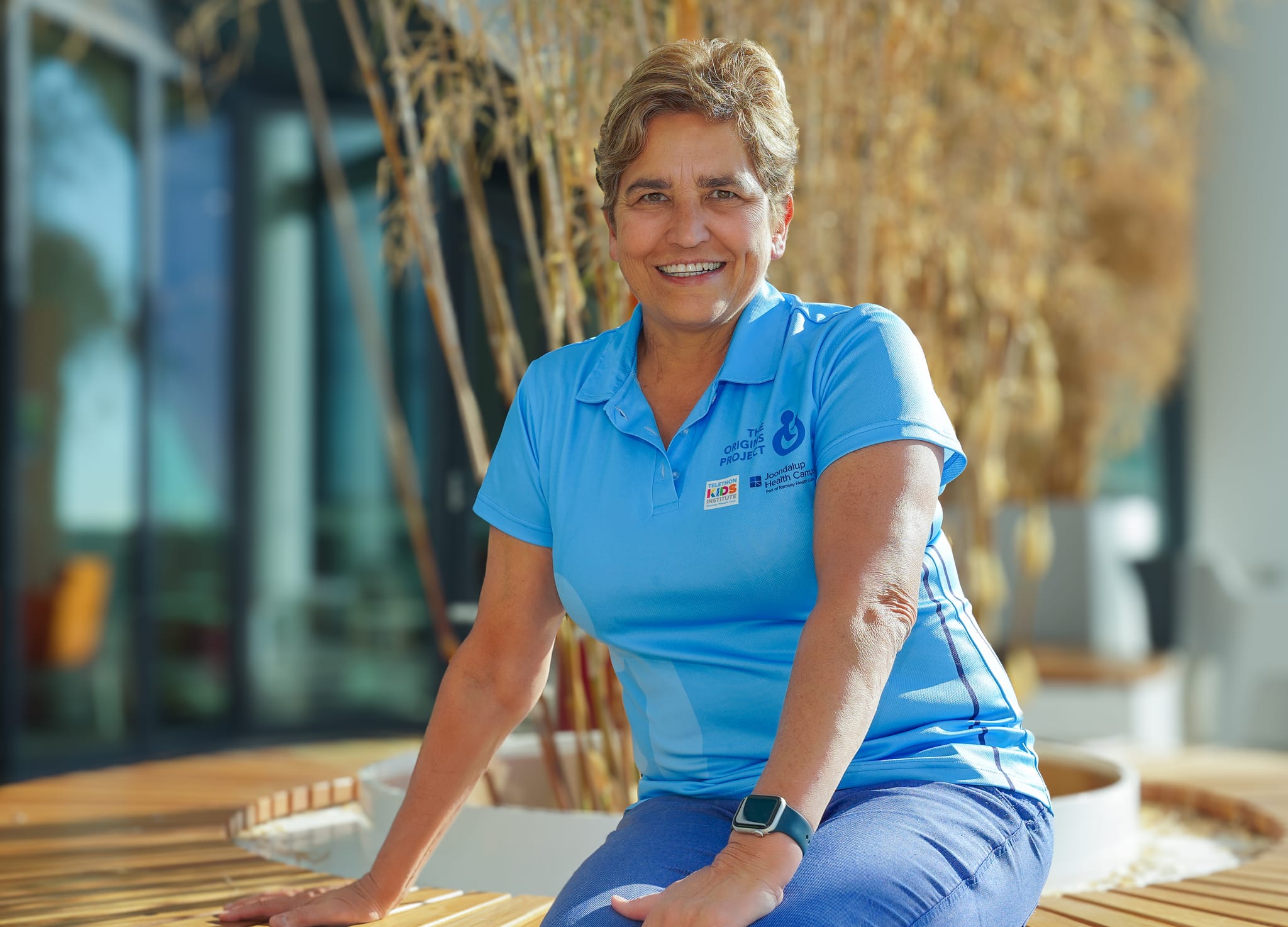Search
Research
Predictors of Disease Severity in Children Hospitalized for Pertussis during an EpidemicThis study aimed to determine factors associated with severe pertussis in hospitalized children during an epidemic using a novel pertussis severity scoring...
Research
Natural history of progression of HPV infection to cervical lesion or clearance: Analysis of the control arm of the large, randomised PATRICIA studyThe control arm of PATRICIA (PApillomaTRIal against Cancer In young Adults, NCT00122681) was used to investigate the risk of progression from cervical HPV...
Research
Fetal growth restriction and risk of cerebral palsy in singletons born after at least 35 weeks' gestationThe objective of the study was to improve the understanding of etiological paths to cerebral palsy (CP) that include fetal growth restriction by examining...
Research
Novel loci affecting iron homeostasis and their effects in individuals at risk for hemochromatosisThis paper analyses genetic association data on biochemical markers of iron status from 11 European-population studies, with replication in eight additional...

ORIGINS is a catalyst for change
Find out more about the activities and highlights of ORIGINS.
Meet the directors and researchers that make up the team behind ORIGINS.

News & Events
Research Australia: Low iron link to kids' mental health and behaviour issuesRead our contribution to Research Australia's INSPIRE magazine in their 'Prevention' edition.

News & Events
ORIGINS Co-Director nominated in the 2024 Western Australian of the Year AwardsORIGINS Co-Director nominated in the 2024 Western Australian of the Year Awards

News & Events
What’s in the air for AERIAL: ORIGINS Study publishes protocolORIGINS Study publishes protocol
